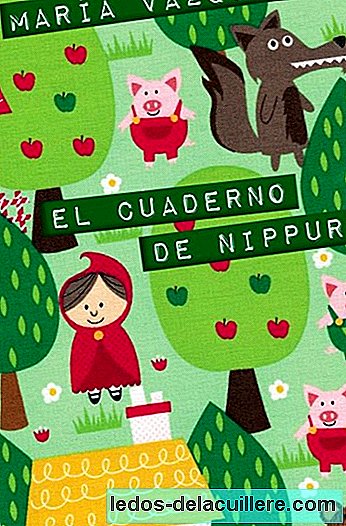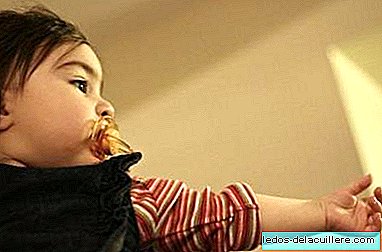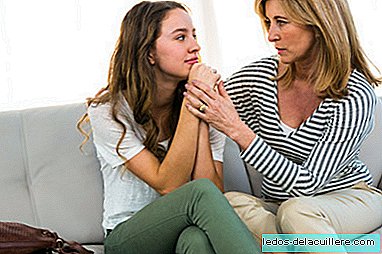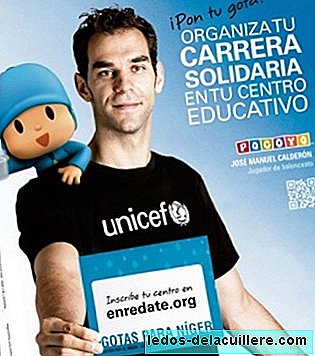
Talking about sexual abuse and childhood is a combination that makes my hair stand on end. But unfortunately it is a reality that is there and as parents we must give our children tools to protect themselves from sexual violence.
'The rule of Kiko' It is precisely for that. Is a guide for parents and caregivers of children between 3 and 7 years old prepared by the Council of Europe to protect children from sexual abuse.
The guide is structured in five basic tips which we briefly mention below, but you can access the official website (see link below) to learn them in detail.
1. Your body is yours
We must teach children that their body belongs to them and that nobody can touch them without their permission.
Children have the right not to want to be kissed or touched, even when it comes to a person they love.
Children should be taught to say "No", immediately and firmly, to inappropriate physical contact, to move away from unsafe situations and to tell their experiences to a trusted adult.
2. Good way of playing, bad way of playing
We must tell children that it is not right for someone to look at or touch their private parts or ask them to look at or touch the private parts of another person.
"The Kiko Rule" helps them recognize an obvious and easy to remember limit: Underwear.
3. Good secrets, bad secrets
Secrets are a primary tactic of people who commit sexual abuse. For this reason it is important to teach children the difference between good and bad secrets, and create a climate of trust.
Every secret that worries them, makes them feel uncomfortable, scares them or makes them sad is not good and should not be maintained; They should tell a trusted adult (parent, teacher, counselor, police officer, doctor, etc.).
4. Prevention and protection are responsibilities of the adult
When children are abused they feel shame, feel guilty and are afraid.
Adults should avoid creating taboos around sexuality, to make sure children know who to turn to if they are worried, nervous or sad.
Children may perceive that something is not right but they may not know how to explain it or who to tell it to.
Children should feel at all times that they can talk to their parents about this issue.
5. Know your safety net
Children of adults should be informed that they can be part of your safety net.
They should be encouraged to choose adults they can trust, who are available and willing to listen and help them.
Only one member of the safety net should live with the child; the other should live outside the immediate family circle. Children should know how to ask for help from the people who make up this trust network.
In addition to these tips for parents there is a book called Kiko and the hand that can be downloaded for free. He teaches them in clear and close language to say "no" if someone wants to touch them inside their underwear.
Highly recommended as a tool for parents. It is something that we should educate without generating fears, but making them aware that not because they are adults, all people are trusted.












